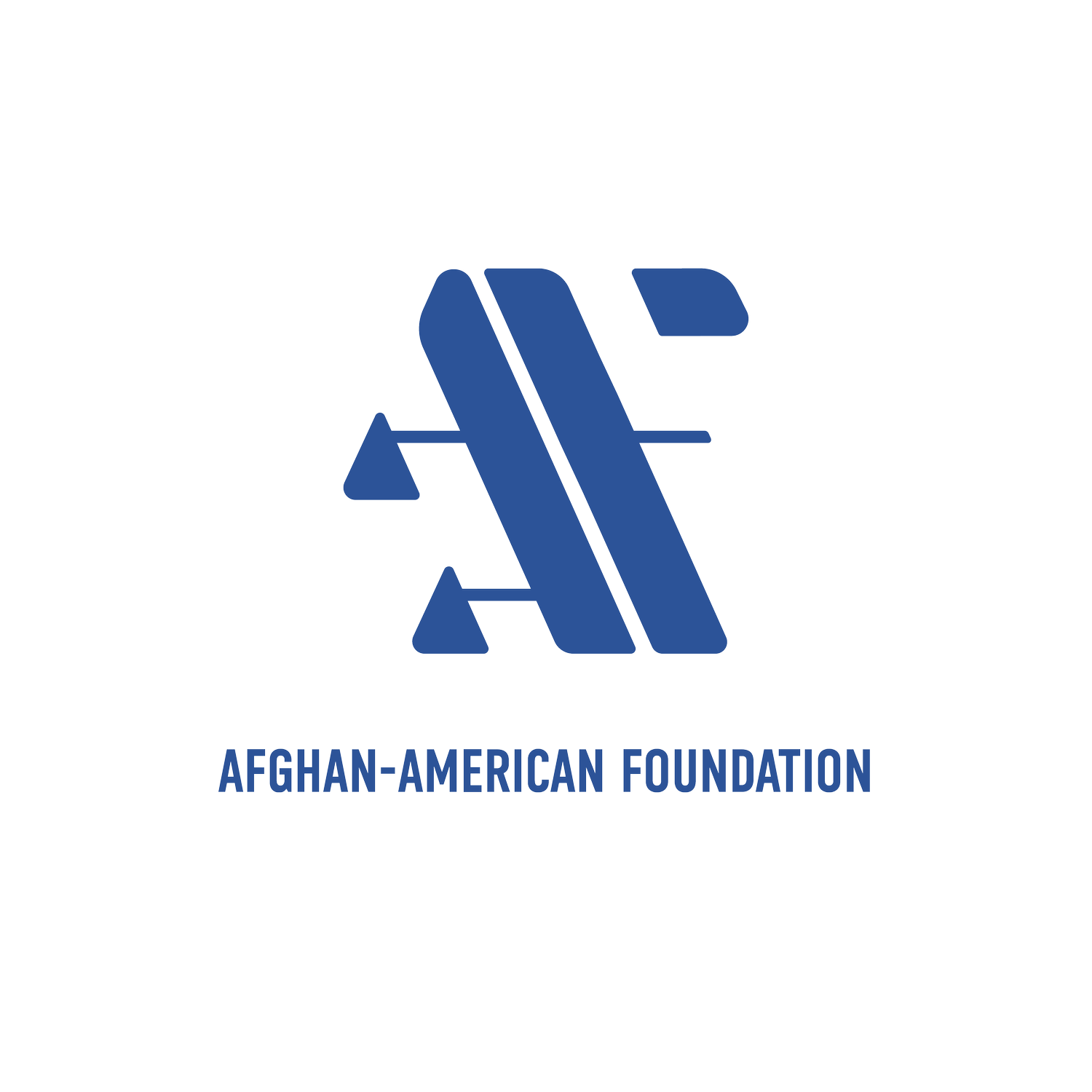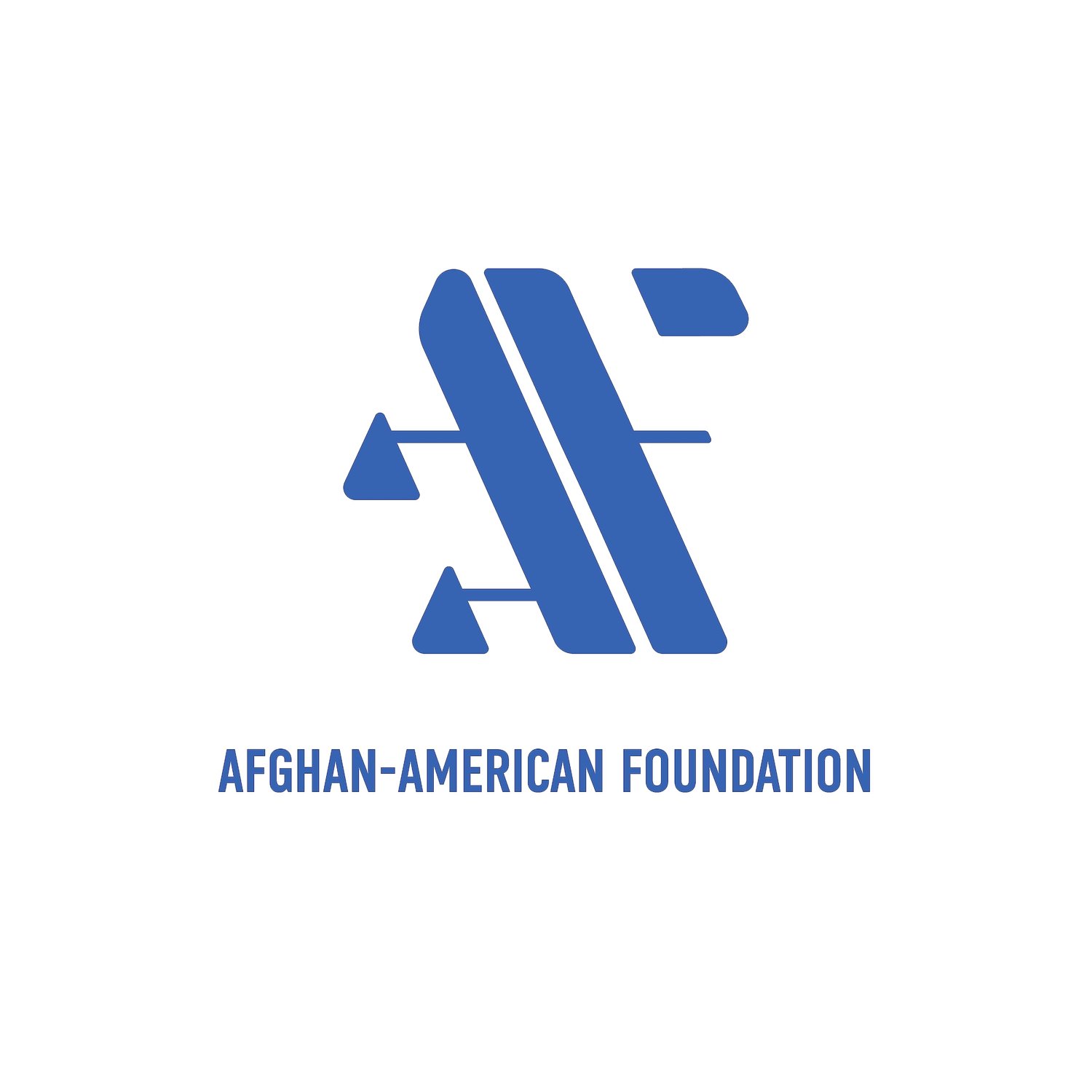Constituency Building Among Afghan Diaspora
This study was commissioned by Open Society Foundations in collaboration with the Embassy of Afghanistan in Washington, D.C., and conducted between January and July 2018. Led by independent consultant Mustafa Babak, the research aimed to map the Afghan diaspora in the United States—its population, institutions, challenges, and potential for civic and policy engagement—as a foundation for future constituency-building initiatives.
Constituency Building Among the Afghan Diaspora provides a comprehensive analysis of one of the most understudied and underutilized diaspora communities in the U.S. Despite a population estimated between 360,000 to 400,000, the Afghan-American community remains fragmented, with limited institutional cohesion, low levels of political organization, and a lack of sustained leadership structures.
The report is based on fieldwork across seven states and includes over 100 interviews and focus groups with community leaders. It finds deep divisions along generational, ethnic, and political lines; a history of short-lived initiatives; and a persistent mindset among first-generation immigrants that life in the U.S. is temporary. These factors have constrained the diaspora’s ability to organize effectively or influence policy at scale.
Yet, the report also highlights signs of promise: a growing number of Afghan-led institutions, emerging youth leadership, and increasing civic participation, including campaigns, convenings, and public office runs. Drawing lessons from successful diaspora engagement models from India, Ethiopia, and Iran, the report outlines practical steps for strengthening Afghan-American advocacy and coordination.
Key recommendations include creating a national coordination platform, launching a diaspora-led advocacy body, building leadership pipelines, engaging U.S. institutions on strategic development policy, and conducting regular community mapping to inform future efforts. The report ultimately calls for a non-partisan, inclusive, and forward-looking approach to constituency building that reflects the diversity and potential of Afghan-Americans.

